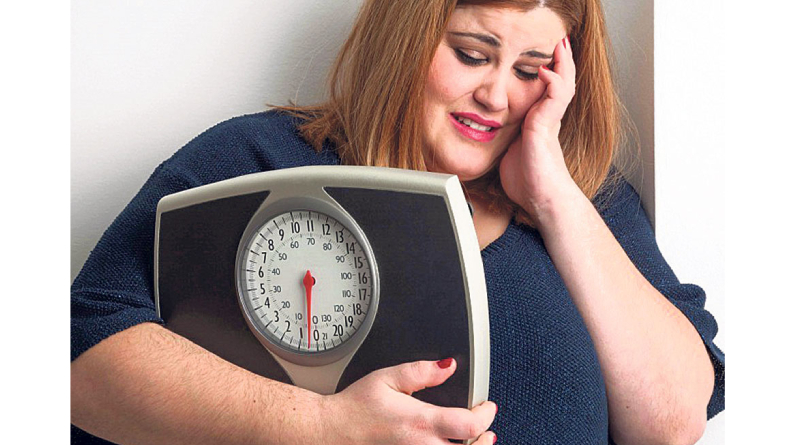Modify your routine immediately to alleviate menopause symptoms:
Keep moving!
The benefits of exercise for hot flushes have been the subject of numerous studies, but the available evidence does not support this claim. Exercising regularly has been shown to have positive effects on mood, energy levels, bone density, sleep, fatigue, weight maintenance, and cardiovascular health. Endorphins, which are released during exercise, boost mood and make you feel good for hours.
Maintain a healthy diet

It’s especially important to eat foods high in vitamin D, calcium, magnesium, and phytoestrogens during menopause. We connect you with a nutritionist who considers your medical history and menopause symptoms in order to develop a diet designed to help you feel your best.
Moderate your alcohol consumption.
Researchers have found that women who drink alcohol have a higher risk of developing breast cancer. Because of this, your doctor may recommend that you drink no more than one serving of alcohol per day, which is about the amount found in a five-ounce glass of wine. We can help you find experts in the field if you need some guidance.
Supplement your diet with vitamin D.
The intestines absorb calcium with the help of vitamin D, so if tests show you have low levels of this vitamin, your doctor may recommend supplementation. You can up your calcium intake by eating foods like almonds, spinach, kale, white beans, cheese, milk, yoghurt, and salmon. It’s possible that consuming foods like oatmeal and calcium-fortified orange juice would be helpful as well. Your doctor can recommend an appropriate calcium intake for you.
Also Read : Before and after Architect opens his own design firm
Take care of your weight

It’s common for women to gain weight during menopause. Factors such as heredity, advancing age, unhealthy habits, and fluctuating hormone levels may all play a role. Diseases like diabetes and heart disease are more likely to develop in people who are overweight, and this is especially true around the waist. Weight may also play a role in menopause symptoms.
Vegetable and fruit consumption should be increased.
A diet rich in fruits and vegetables can help reduce the severity of many menopause symptoms. Fruits and vegetables are great for weight loss and maintenance because they are filling despite their low calorie content. Additionally, they may help reduce the risk of developing health problems like cardiovascular disease. This is extremely important because menopause is associated with a significant increase in the risk of cardiovascular disease.
Foods that trigger allergic reactions should be avoided.
Mood swings, night sweats, and other symptoms are all linked to what we eat. An increase in trigger incidence has been linked to nighttime consumption. Common stimuli include caffeine, alcohol, and sweet or spicy foods. Document your signs and symptoms. Reduce or eliminate your consumption of these foods if you find that they aggravate your menopause symptoms.
Take in plenty of fluids.
During the menopause, a lot of women experience a problem with dryness. The decline in oestrogen levels is likely to blame. These signs and symptoms may improve with regular consumption of 8 to 12 glasses of water. Hormonal shifts can cause swelling, but drinking water can help alleviate the discomfort. Water’s ability to make you feel full while simultaneously increasing your metabolism is a powerful tool for dieters and those trying to avoid gaining weight.
